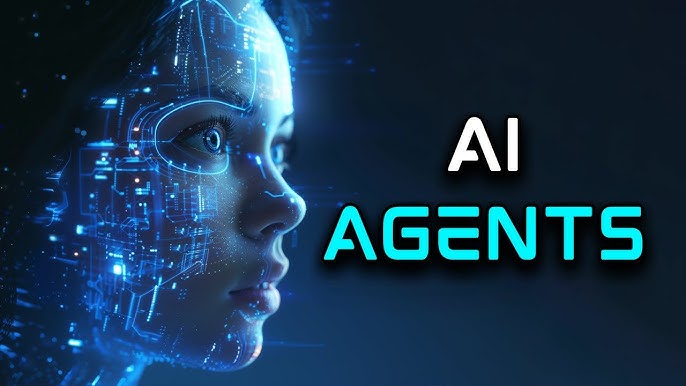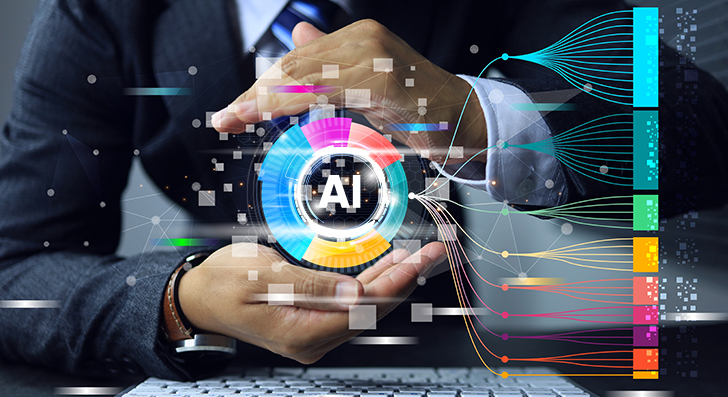In a world increasingly shaped by artificial intelligence (AI), a critical question emerges: can this powerful technology be a force for good in the ongoing fight for social justice? AI holds immense potential to revolutionize various aspects of our lives, from healthcare to education to criminal justice. However, this potential comes with a significant caveat – the risk of perpetuating or even amplifying existing societal biases.
This blog delves into the complex relationship between AI and social justice. We'll explore how AI can be harnessed to combat discrimination and promote equality, while acknowledging the challenges that need to be addressed. Ultimately, we'll propose a path forward to ensure AI serves as a tool for positive social change, fostering a more just and equitable future for all.
Artificial intelligence (AI) is rapidly transforming our world, with its influence reaching far and wide. But along with its potential for progress comes a responsibility to ensure it's used ethically and fairly. This is especially crucial when it comes to social justice – the fight for equality and opportunity for all.
The good news is, AI has the potential to be a powerful tool in combating discrimination and promoting equality. Here's how:
1. Unmasking Bias: AI can analyze massive datasets to identify patterns of bias in areas like hiring, loan approvals, and criminal justice. By uncovering these hidden prejudices, we can work towards fairer policies and practices.
2. Building Equitable Systems: AI algorithms can be designed to prioritize fairness. For instance, in recruitment, AI can focus on skills and qualifications rather than factors that might be biased, like names or zip codes.
3. Promoting Accessibility: AI can be used to develop tools that bridge the digital divide. Imagine AI-powered assistants that translate languages or describe visual content for those with disabilities.
4. Empowering Underserved Communities: AI can analyze data to identify and address the specific needs of marginalized communities. This could involve targeted healthcare initiatives, educational programs, or financial services.
However, we must be aware of the challenges:
Algorithmic Bias: AI systems are only as fair as the data they're trained on. Biased data leads to biased algorithms, perpetuating existing inequalities.
Transparency and Explainability: Many AI systems are complex "black boxes". A lack of transparency can make it difficult to identify and address bias.
Access and Control: Who controls the development and deployment of AI? Unequal access to this technology could exacerbate existing power imbalances.
The Road Ahead
To ensure AI is a force for good in the fight for social justice, we need a multi-pronged approach:
Diverse Teams: AI development teams should be diverse and inclusive, reflecting the communities the technology will impact.
Rigorous Testing: AI systems must be rigorously tested for bias before deployment.
Regulation and Oversight: Clear guidelines and regulations are needed to ensure responsible AI development and use.
Public Education: Raising public awareness about the potential pitfalls and promises of AI is crucial.

By leveraging AI's potential while mitigating its risks, we can create a future where technology empowers everyone, regardless of background or identity. This is the true path to a more just and equitable society.
AI & Social Justice: Unveiling the Potential, Navigating the Unknown
The relentless march of artificial intelligence (AI) is transforming our world at an unprecedented pace. While its applications hold immense promise for progress, a crucial question lingers: can AI become a champion for social justice? This question delves into uncharted territory, a landscape brimming with both potential and peril.
On one hand, AI offers a revolutionary toolkit for dismantling discrimination. Imagine AI algorithms that dissect vast datasets, exposing hidden biases in areas like loan approvals or criminal sentencing. This newfound awareness could pave the way for dismantling systemic inequalities. Furthermore, AI could be used to design fairer systems. For instance, recruitment processes could leverage AI to prioritize skills and qualifications, discarding potentially biased factors like names or zip codes.
However, the path forward is not without its shadows. A major challenge lies in the very foundation of AI – data. Biased data sets can lead to biased algorithms, perpetuating existing disparities in a vicious cycle. Additionally, the inherent complexity of AI systems, often described as "black boxes," raises concerns about transparency and explainability. If we cannot understand how AI reaches its decisions, how can we identify and address potential biases?
The unknown extends beyond the technology itself. Questions of control and access loom large. Who will have the power to develop and deploy AI? Will this technology exacerbate existing power imbalances, further marginalizing those already on the periphery?
This uncharted territory demands a proactive approach. Diverse teams, encompassing a multitude of perspectives, are essential for developing AI that serves the greater good. Rigorous testing and clear regulations are crucial to ensure fairness and responsible use. But perhaps most importantly, fostering public awareness and open discourse is essential. By acknowledging the potential pitfalls alongside the promises, we can collectively shape a future where AI becomes a powerful instrument for social justice, creating a world where equality flourishes.
Artificial Intelligence offers significant potential for advancing social justice causes by identifying and combating discrimination, enhancing access to legal aid, monitoring human rights abuses, and promoting fair representation in politics. However, to fully harness AI's capabilities in the pursuit of social justice, it is essential to address its limitations, including biases in algorithms, lack of transparency, data privacy concerns, the digital divide, and ethical considerations.
By fostering interdisciplinary collaboration between technologists, social justice advocates, policymakers, and other stakeholders, we can develop more equitable AI systems that promote fairness, accountability, and transparency. As AI continues to shape our society, it is our collective responsibility to ensure that these technologies are harnessed for the greater good and contribute positively to the fight for social justice.
Future research and development in AI should focus on creating tools and frameworks to minimize biases, improve transparency, and enhance ethical decision-making. Additionally, efforts must be made to bridge the digital divide and ensure that AI-driven social justice initiatives are accessible to all, regardless of their socioeconomic status or background.
By embracing a proactive and collaborative approach, we can work together to leverage the power of AI in the pursuit of a more just and equitable world. This will require ongoing dialogue, research, and commitment from all stakeholders, as we strive to create AI systems that reflect our shared values and contribute to the betterment of society as a whole.
For more information contact : support@mindnotix.com
Mindnotix Software Development Company


 AI-Taxi App
AI-Taxi App AI-Food App
AI-Food App AI-Property Mgmt App
AI-Property Mgmt App AI-CRM
AI-CRM AI-Fantasy App
AI-Fantasy App
 Web Development
Web Development App Development
App Development Business & Startup
Business & Startup Hire Developer
Hire Developer
 Digital Marketing
Digital Marketing Lead-generation
Lead-generation Creative Agency
Creative Agency Branding Agency
Branding Agency Augmented Reality
Augmented Reality Virtual Reality
Virtual Reality Internet of Things
Internet of Things Artificial Intelligence
Artificial Intelligence Blockchain
Blockchain Chatbot
Chatbot



